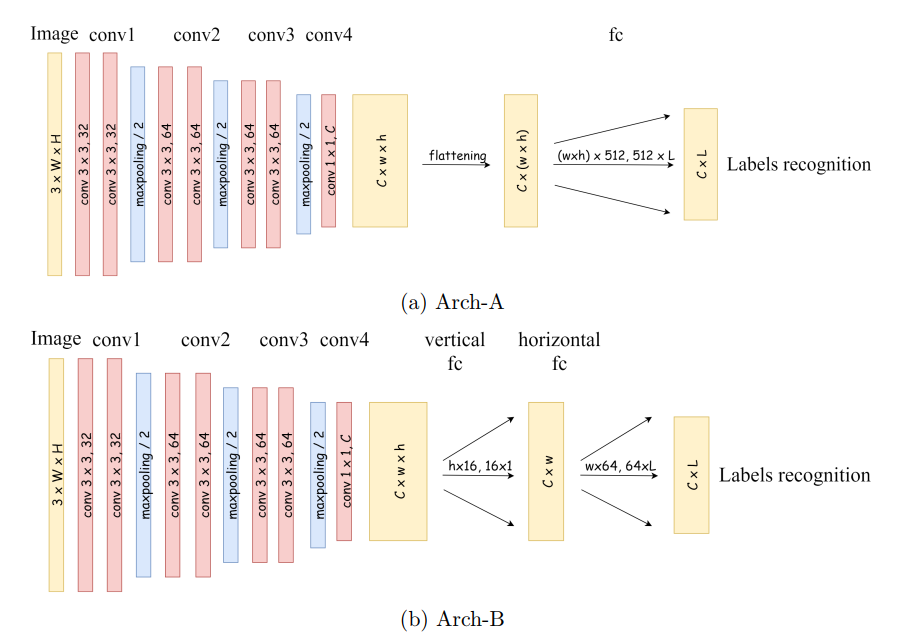What Is the Search Relevance Algorithm ?
What do you mean by Search Relevance ?
Search relevance is a measure to calibrate the relatedness of the search between the query that is searched and the obtained search results.
It is a measure that how the search engines we use to search for our queries determine the search relevance. It can be influenced by many different factors like :
- Previous searches.
- Search terms.
- Popularity of the search.
- Your location.
- Purchase history.
- Browsing behavior, etc.
If we talk about Google, then it has already set the standard. It certainly helps Google as it has decades of searched data, with billions of search results, and experienced data scientists, working day and night to increase relevance of the search.
One challenging factor in search relevance can be On – Site search. In this blog, we will discuss how to index web pages and how to interpret queries.
Let’s Understand the Language :
If we at
If we talk numbers, then, do you know that over 40 % of all the google search queries are either 4 words or more. Over the last few decades, the number of query terms have grown to a great extent, all thanks to the AI embeddings and the voice searches.
The voice search feature has changed the way of search as there is always a difference in what we say and what exactly we type in the search box.
The search engine has to make sense so as to provide relevant results. One good example of this is the word, “ Bank “, now what does it mean, side of a river or a financial institution. It is important for the search engine to know what the user is asking in order to provide the user with the best search results.
There are some techniques that a search engine uses to understand the meaning of what the user has searched in order to give you accurate search results. Some of those techniques are :
- NLP e. Natural Language Processing. It is a process that is used to analyse unstructured text into its infrastructure and its meaning.
- Your past searches, purchase history, location, etc information helps the search engine to know what the user might be searching.
- Semantic query understanding. In simple words, it is a process of trying to understand the actual intent of the queries searched.
- Word embedding, scoping, vectorization, segmentation of queries and other different techniques are used by the search engines to make a sense of the query searched.
Well ,another type of problem in this field are Typos. There is a great need to check spellings so as to avoid bad search results to improve the search relevance.
A good search relevance algorithm starts before the user has typed the query in the search box, just like we see in google.
Now, to understand how search relevance can be improved for good, first, we need to learn about search term Indexing.
What do you mean by Search Index ?
We have seen our search engines determine what we are going to search before we complete our search query, but even before the search engine can start to determine what the user might be searching, it should be able to analyse the record of your search.
Search engines are able to create a search index that ingests the data of your site by using your sitemap, reference pages, site links, etc.
When performing search index, there are multiple algorithms that can be evaluated over and over for each record that is indexed and can add extra fields and information so as to make the dataset helpful when performing the querying process.
What is Relevance Score ?
While the search engine is performing a search, it assigns a relevance score to check the search relevance of each and every document that is in your index. The score ranges between 0 to . The search results are then ordered from highest to lowest.
There are two types of score components :
- First, The Index score: It represents the textual relevance of the total score. This process checks the relevance of spelling, synonyms, AI embedded words and other different features.
- Second, The Feature score: It represents a specific type of business i.e. the customers can use it to perform the ranking adjustments for better results according to their business requirements.
Relevance Metrics :
If you think your site is working fluently, then it’s good but you must check your search relevance score.
You can use ranking quality scores as :
- F-IDF ( Frequency Inverse Document Frequency ): It is considered as one of the oldest ranking models, the F-IDF model is a statistical number that tells the importance of a word in a document based. It does this on the basis of how many times a word appears in the particular document.
- Okapi BM25: It is a retrieval system that was developed at the London City University. The “BM” word here means best match.
- Dense retrieval method : It uses vectors to find relevance by mathematical methods. It is a great method, but there is a problem, it’s too slow.
- Learn to rank: It is a platform which uses a multi stage process in order to reorder the obtained results that are based on better relevance models.
- Hybrid retrieval method: It is another great option for this. It is great because it uses a mix of all the above discussed methods.
So, these were the methods used to rank search relevance.
There are many algorithms working in this process, you just have to know how to apply them efficiently.
Now that you have reached this far, I assume that you liked the blog and you have got some value from it. To continue embracing yourself with similar knowledge, just click on the link below:
https://24x7offshoring.com/blog/


